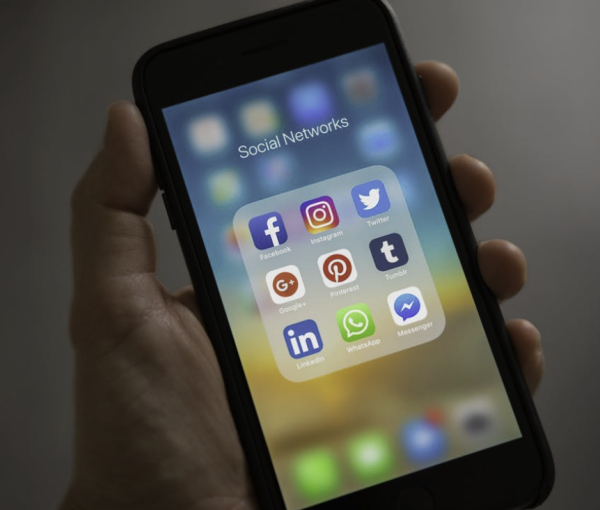The assassination of conservative activist Charlie Kirk in Utah on September 10, 2025, shocked the nation and showed just how hard it is to know what’s real online. With artificial intelligence creating realistic fake videos and posts, it’s becoming harder to tell fact from fiction.
After Kirk’s death, AI-generated videos quickly spread on social media. One deepfake showed former President Donald Trump giving a eulogy for Kirk. It looked so real that millions of people watched it before experts confirmed it was fake. Other videos claimed to show speeches by Kirk himself, with some even played in churches as tributes. These videos raise serious questions about using AI to imitate people, especially those who have died.

Misinformation made things even worse. AI chatbots like Grok falsely claimed Kirk survived or that the videos were jokes. Foreign actors from countries like Russia, China, and Iran also pushed these false stories to confuse people and create political tension.
For students at St. Mary’s International School, this story isn’t just distant news—it’s a real-life lesson on how misinformation spreads. Many students have seen AI-generated videos and memes on TikTok, Instagram, and YouTube without realizing they were fake. Seeing this content all the time can be confusing and stressful, and it makes it harder to know what’s real.
High school counselor Mrs. Marwood says, “Students are seeing AI content that looks incredibly real. They don’t always know what’s true, which makes talking about current events harder.” Constant exposure to shocking or manipulated content can affect mental health and make students more cynical or numb to real-world events.

Teachers at St. Mary’s are now focusing on digital literacy, helping students check sources, spot AI content, and think critically about what they see online. For teens growing up in a world of viral news and social media, these skills are essential.
The assassination of Charlie Kirk is more than a news story—it’s a reminder for students at St. Mary’s and teens everywhere that AI and social media can twist reality. Learning to question what you see online is no longer optional—it’s necessary to stay informed and protect your mental health.